Speakers in Plenary 2015
June 2
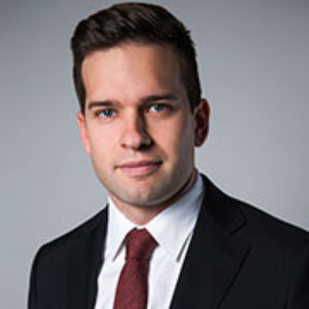
Gabriel Wikström is the Minister for Health Care, Public Health and Sport within the Swedish Ministry of Health and Social Affairs.
Mr Wikström studied political science and economics at Uppsala University, and has pursued the French and Spanish languages in their respective countries. He also has a long and varied background within the Swedish Social Democratic Party, which, following the 2014 general election, now governs Sweden together with the Green Party.

Otto Cars is a clinical infectious disease specialist and researcher at Uppsala University. In 2003 he was appointed Professor of Infectious Diseases and in 2014 Senior Professor. His research has focused on the pharmacokinetics and pharmacodynamics of antibiotics, optimal antibiotic dosing regimens, resistance epidemiology and antibiotic policies.
Professor Cars is a founder of Strama (the Swedish strategic programme against antibiotic resistance). He has been actively involved in numerous European and international initiatives in the area of antimicrobial resistance. He is also a member of the WHO Strategic and Technical Advisory Group (STAG) on antimicrobial resistance. Since 2004, Professor Cars has been engaged in building the international network React – Action on Antibiotic Resistance, focusing on the global aspects and consequences of antibacterial resistance.
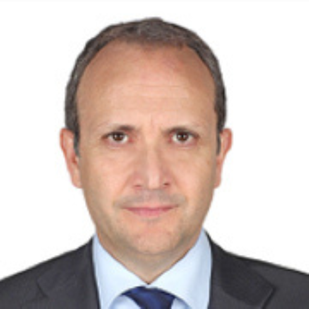
Gilles Forte, Coordinator of Policy, Access and Use at the Department of Essential Medicines and Health Products, WHO, Geneva, has played a leading role in the development of global pharmaceutical and medicines policy over more than two decades. A trained pharmacist and public health specialist, he is responsible for developing WHO standards on medicines and medical devices policy, and for managing support to help countries strengthen their pharmaceutical systems, work that includes the EU/ACP/WHO Renewed Partnership and the WHO Good Governance for Medicines programmes.
Dr Forte also leads the secretariats of the Expert Committee on Selection and Use of Essential Medicines and the Expert Committee on Drug Dependence. He is responsible for the department’s work on WHO priority programmes, including antimicrobial resistance.

Dr Suwit Wibulpolprasert is a general practitioner, health specialist and policy advocator based at the International Health Policy Program (IHPP), Ministry of Public Health, Thailand. His key interests include health policy and global health.
He has been involved in HRH, UHC, international trade and health, health information, and pharmaceutical research, and has represented Thailand at the World Health Assembly. Dr Wibulpolprasert was also Vice Chair of the Global Fund to Fight AIDS, Tuberculosis and Malaria Board. He chaired the Global Fund’s Policy and Strategy Committee and was Vice Chair of the WHO Executive Board.
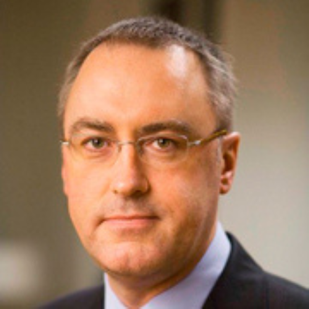
John F. Ryan is Acting Director of the European Commission Public Health Directorate since March 2012. He is also the current Head of Unit responsible for health threats (communicable diseases, health security and bioterrorism) within the European Commission department for public health and consumer protection. This includes responsibility for issues such as surveillance of communicable diseases, strategies for prevention, vaccination, avian, pandemic and seasonal flu, preparedness exercises, EU and international cooperation on health security (EU Health Security Committee, Global Health Security Initiative).
He was previously responsible for department’s health information, cancer, pollution-related disease, drugs prevention, health monitoring, health promotion, rare diseases and injury prevention programmes.
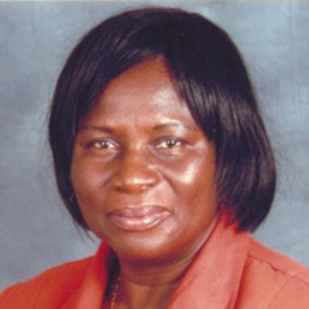
Martha Gyansa-Lutterodt is the Director of Pharmaceutical Services and the Chief Pharmacist of Ghana. She is a product of Kwame Nkrumah University of Science and Technology, Ghana, Leeds University, United Kingdom, and GIMPA’s School of Governance and Leadership. Mrs Gyansa-Lutterodt serves on several national and international boards, including the National Institute for Clinical Excellence (NICE) International UK, and is an expert member of the World Health Organization Expert Committee on Medicines Policies and Management, WHO, Geneva. In addition, she has served on several WHO, World Trade Organisation and West African Health Organisation consultations on Trade Related International Property Rights as well as medicines policies.
Her publications cover topics such as TRIPS, DOHA and Access to medicines, policy options for Ghana, Antibiotic Resistance in Ghana for Lancet Infectious Diseases, among others.

Dr. Hetty van Beers is Agency Manager at the Netherlands Veterinary Medicines Authority in Utrecht. A veterinarian by education, she finished her PhD in 1996 and then worked as a swine vet at Utrecht University and the Animal Health Service before joining the Medicines Authority in 2012. From 2008-2012, she served as the secretary of the Working Group on Antimicrobial Resistance in Swine.
The Netherlands Veterinary Medicines Authority (SDa) is an independent authority established in 2010 to promote responsible drug use in Dutch farm animals in general, especially the use of antibiotics. The SDa, which analyses antimicrobial usage at farm level, is partly financed by the Government and partly by the cattle, swine, broilers and veal calves livestock sectors.
June 3

Brendan Barnes joined the European Federation of Pharmaceutical Industries and Associations (EFPIA) in 2002 to work on the alignment of national laws in new member states during the enlargement of 2004. Subsequently, he has been involved in EFPIA’s work on multilateral trade and intellectual property issues, including the EU’s legislation on product diversion and compulsory licensing, as well as on issues relating to access to medicines. More recently, he has worked on the development of new business models in the areas of neglected disease and infection. He previously worked in the pharmaceutical industry for eleven years in a range of roles including Finance, Strategic Planning and Public Affairs.
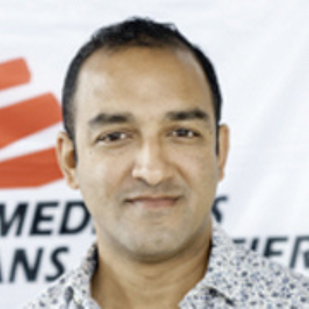
Dr Manica Balasegaram is a medical doctor trained at the University of Nottingham, United Kingdom. He received further post-graduate training in internal and emergency medicine in the UK and Australia. He joined Médecins Sans Frontières (MSF) in 2001, working as a doctor in the field in several countries in Sub-Saharan Africa and Southern Asia.
After gaining significant operational research experience, Dr Balasegaram became Head of the Manson Unit – a London-based medical research and implementation arm of MSF – in 2005. He then joined the MSF partner organisation Drugs for Neglected Diseases initiative (DNDi) in 2008, where he worked for four and a half years, finishing as DNDi’s Head of the Leishmaniasis Clinical Development Team before joining the Access Campaign.
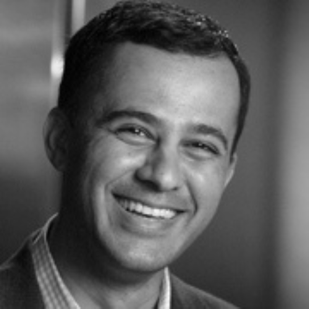
Ramanan Laxminarayan is Director and Senior Fellow at the Center for Disease Dynamics, Economics & Policy, Senior Research Scholar and lecturer at Princeton University, and Vice-President, Research and Policy at the Public Health Foundation of India. His work on the Extending the Cure Project in the United States and the Global Antibiotic Resistance Partnership has helped improve the understanding of drug resistance as a problem of managing a shared global resource.
He is also a series editor of Disease Control Priorities for Developing Countries (3rd edition) and has worked with the World Health Organization and the World Bank on evaluating malaria treatment policy, vaccination strategies, the economic burden of tuberculosis, and control of non-communicable diseases.
